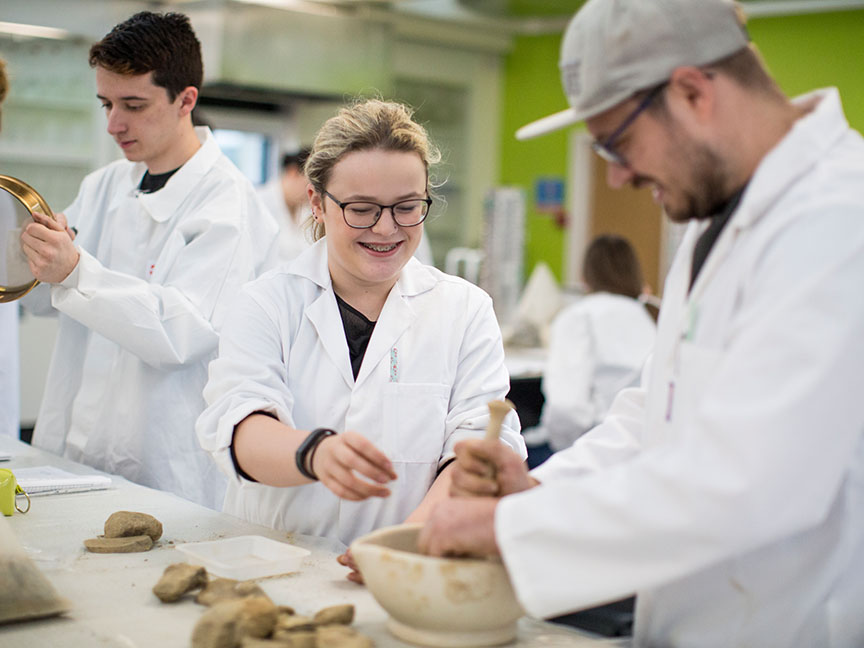Aberystwyth University
Course Search
Upcoming events
Study with us
Our award-winning teaching is informed by our cutting-edge research that feeds directly into our courses, helping you uncover new skills and solve real-world problems.
Undergraduate Studies:
Postgraduate Studies:
Research at Aber
Aberystwyth’s research is helping to change the world for the better, by making a difference to real lives. We’re tackling some of society’s most pressing challenges, including climate change, global health, societal changes, and space exploration.
Discover Aberystwyth
Aberystwyth University is located on the coast of west Wales, nestled between the Cambrian Mountains and Cardigan Bay. Aberystwyth is a diverse and welcoming community in a historic seaside market town that has a cosmopolitan Welsh culture. with so much on offer, you’ll be spoilt for choice.
News
View all newsNew Chair of Keats Foundation is Aberystwyth Professor
An Aberystwyth academic has been appointed Chair of the world-renowned Keats Foundation, a charity dedicated to the life, work and legacy of the celebrated Romantic poet John Keats.
Aberystwyth Institute founding member of new UK elite research grouping
An institute at Aberystwyth University is a founder member of a new alliance of 35 of the UK’s foremost research agencies and institutes launched today (10 December).
IBERS crop varieties win new industry approval status
Two crop varieties bred at the IBERS research institute at Aberystwyth University have been given the seal of approval by two leading agricultural trade bodies.
First ancient Celtic languages dictionary of Britain and Ireland underway
The first complete dictionary of the ancient Celtic languages of Britain and Ireland is being written by academics at Aberystwyth University.




